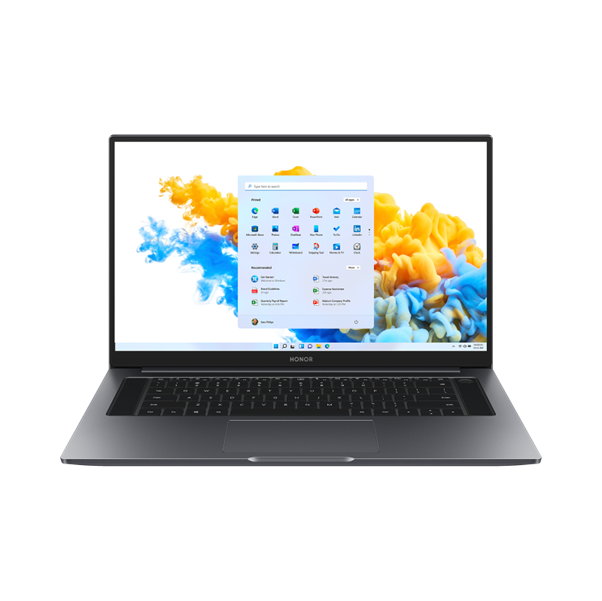With such a lot of laptops to decide on, selecting the one that most closely fits your budget is often like navigating in the pacific without a compa
With such a lot of laptops to decide on, selecting the one that most closely fits your budget is often like navigating in the pacific without a compass. Even understanding the dynamic list of product specs isn’t an easy task. The laptop in uk varies widely in terms of processor speed, graphics capabilities, size, drive storage, and RAM. What is additional, your laptop desires could also be fully totally different from everybody else’s, solely adding to the confusion. That’s why we are here to help you out!
1. Dimensions
Depending on what you are going to do with the new laptop, you’ll need to know which size of the laptop is the right one for you. Are you a student who is looking for a lightweight laptop for school? Or, are you going to need a portable workstation on a larger scale? Choose carefully, unlike RAM or ROM, which can be upgraded later, the dimensions are fixed and can hardly be changed.
The sizes of a laptop start normally from 11.6 inches and go to 17.3 inches, or even further. Most brands and OEMs like HP, Dell, Asus, and Acer tend to supply 3 show sizes – 13.3″, 15.6″, and 17.3″. However, some vendors do sell laptops on the far side of these sizes, as well as 11.6-inch, 12.5-inch, and 14-inch.
2. Display
Since you may find yourself watching the screen for hours at a time, you would wish to have a laptop with a comfortable-to-watch monitor. Then, you’ll need to consider whether or not the display should be a touchscreen. Sometimes, touchscreens can help you handle your work more easily.
3. CPU
In terms of processing units, Intel should be at the top of the list. It doesn’t matter if you’re not well versed in the technical details, the newly released Intel 14 series are all worth considering
4. RAM
More RAM means your computer is more capable of running multiple applications at the same time, which is handy for tasks like video content editing, graphics processing, software testing, and more.
For common users, a minimum memory of 8GB RAM should be enough for daily use. If you are processing some data or handling some complicated tasks, consider 16GB. Meanwhile, for a gamer, we recommend the 32GB RAM as the lacking of RAM could lead to the sudden crash of the program.
5. Storage
The use of hard drives, the most common form of data storage, is on the way out. This may be because they can be slow at times, a bit bulky, and generate noticeable heat and noise.
Conversely, solid-state drives (SSDs) are much faster than fixed disk drives, operate quietly, and don’t add significant weight and bulk to the laptop. Thanks to these obvious advantages, most notebook manufacturers have built top-quality SSD storage for their notebooks.
Conclusion
I believe you have now a better understanding of how to choose a laptop. The most important parts to consider are the points mentioned in the article. And don’t forget about the budget. Shopping for the right laptop isn’t easy, and hopefully, you’ll be able to find the one you like best. Thanks for reading!

COMMENTS